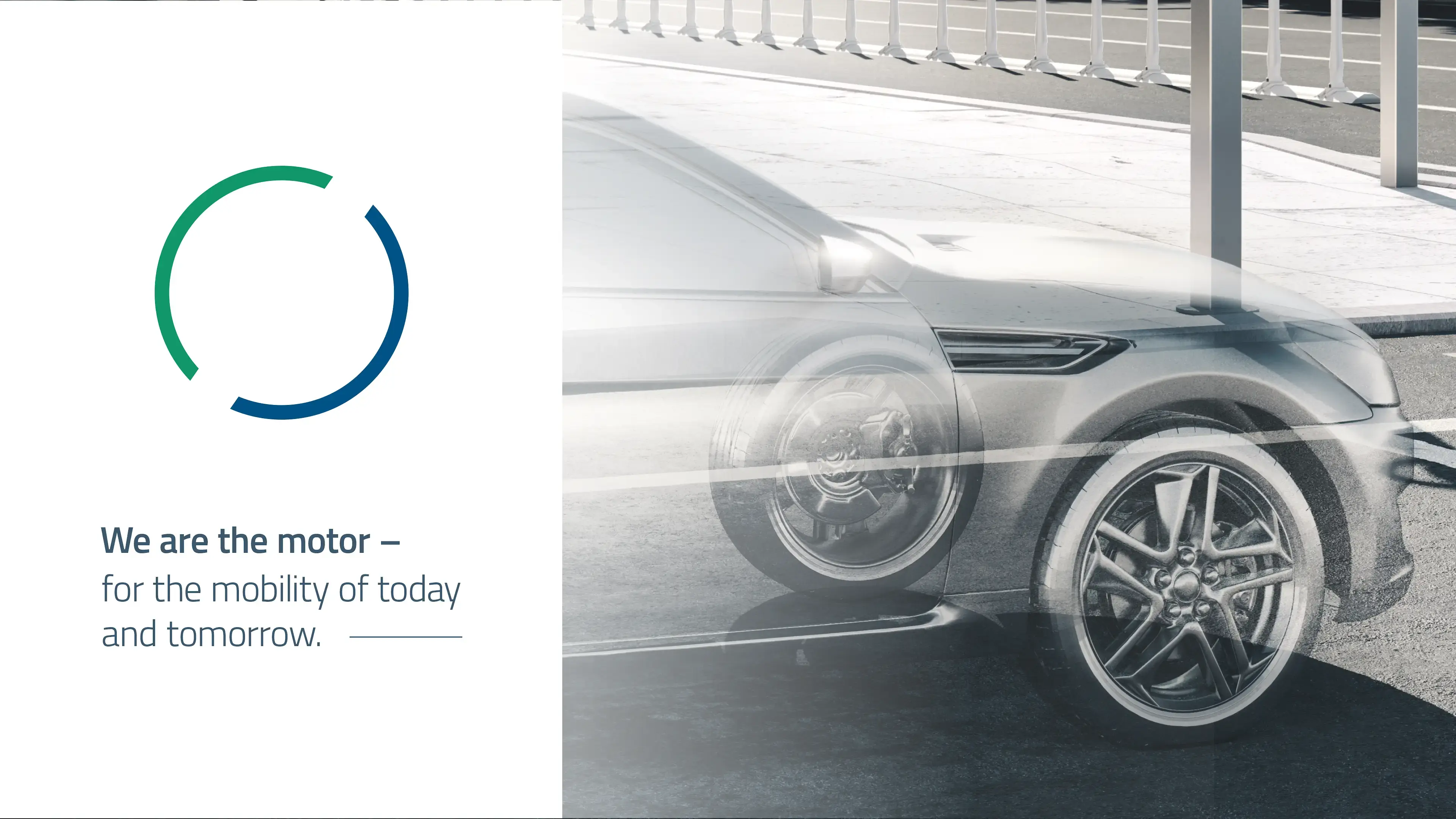
Unique people,
Success is something we only accomplish together - by pooling our know-how, passion and strengths. Our employees, and there many different contributions, are what makes us the motor for the mobility of today and tomorrow.
Below, you can discover the story of a few of these unique people, who have embraced our #IAmTheMotor spirit and the opportunity to make an impact.
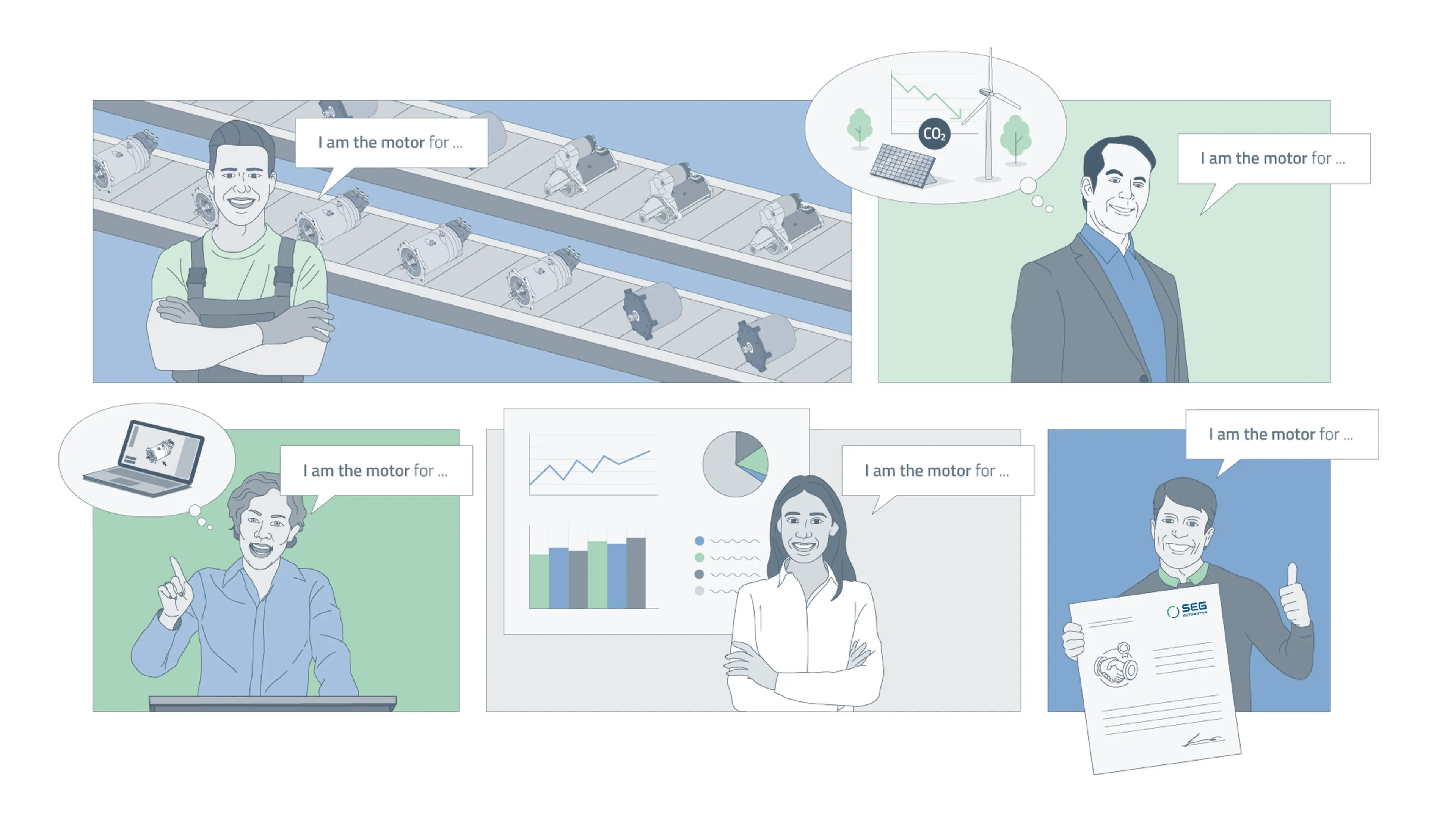
Meet Terézia, Regional Lead Buyer
Terézia Bogdánfalvi, or Teca as everyone calls her, graduated from the University of Nyíregyháza as an international relations specialist. She began her professional career as sales assistant, continued as logistics specialist at Carlsberg Hungary Kft. being responsible for national and international transports, forecasts and managing orders. As a purchaser at ThyssenKrupp Ferroglobus Zrt. she participated in price negotiations, handled orders and worked out offers. In Miskolc she continued her carreer at the electronics business unit of Joyson Safety Systems Hungary Kft. as senior customer planner. She was in contact with the most significant customers, she accepted and processed the customer orders, prepared the production plans and supervised the fulfillment of these plans as well as the deliveries. If necessary she also intervened in critical situations and found a solution to the problem.
In 2020 Teca joined the purchasing team of S.E.G. A. Hungary Kft. as strategic purchaser. Her commitment, profound professionalizm and experience won her the position of Regional Lead Buyer (RLB) in March 2022. In this position she is responsible for the European region’s strategy regarding plastic parts and is also supporting her colleauges who are dealing with plastic parts.
We talked with Teca about her position and about what is necessary for someone to be promoted to RLB.
How does one of your days look like? Who are you in contact with?
For a significant part of my day, I take part in meetings with colleagues within the company - these are discussions related to current affairs, projects or strategic discussions as well as discussions with partners and suppliers. There are some with whom we have regular discussions, especially with our larger partners and with those, with whom there are many tasks to be solved on both sides. This could be a supplier exit, transfer or negotiation regarding a new project. In addition, there are team, group and department meetings with variable frequency but regularly. In addition to meetings my daily tasks include, among other things, approving invoices and complaining about them in case of data discrepancies, maintaining contact with fellow departments and suppliers, preparing the administration to prepare negotiations. The broader tasks include the construction, presentation and implementation of strategy.
How does a buyer become a Regional Lead Buyer? What do "Regional" and "Lead" mean?
Without exaggeration, I can say that with a lot of work, constant learning and self-improvement. "Regional" means that I am responsible for the strategy of the plastic material group in the European region, and "lead" means that I lead and define this strategy, I present proposals and ideas within the region. Of course, I discuss with the Global Lead Buyer (GLB) on how well my regional strategic proposals fit into the global vision.
What competencies are required for this position?
In addition to professional competences, the ability to work independently, the ability to make decisions, to stand up for strategic decisions and carry them out are necessary, being initiative, decisiveness, and confident communication (especially with partners) are also important.
What helped you to get this position? How did you get there, what was your career path like?
To get my current RLB position I went through struggles and needed perseverance but was also accompanied by a lot of experience. The great team in which I am fortunate to work helped my learning and gaining experience. I am surrounded by many professional colleagues from whom there was and still is something to learn, we help each other in everyday life. Of course, my local leaders also supported me. If I wanted to add a little humor to the matter, I could say that the many problems caused by crisis and the tasks to be solved were the way to this position. If there were not the vast and endless topics to deal with, I would not have experienced so much that made me suitable for my job.
What are your plans, what do you still want to achieve in your career?
I would like to deepen further in my current position so I can put professional work on the table in the future as well and be a stable and reliable pillar of the plastic commodity.
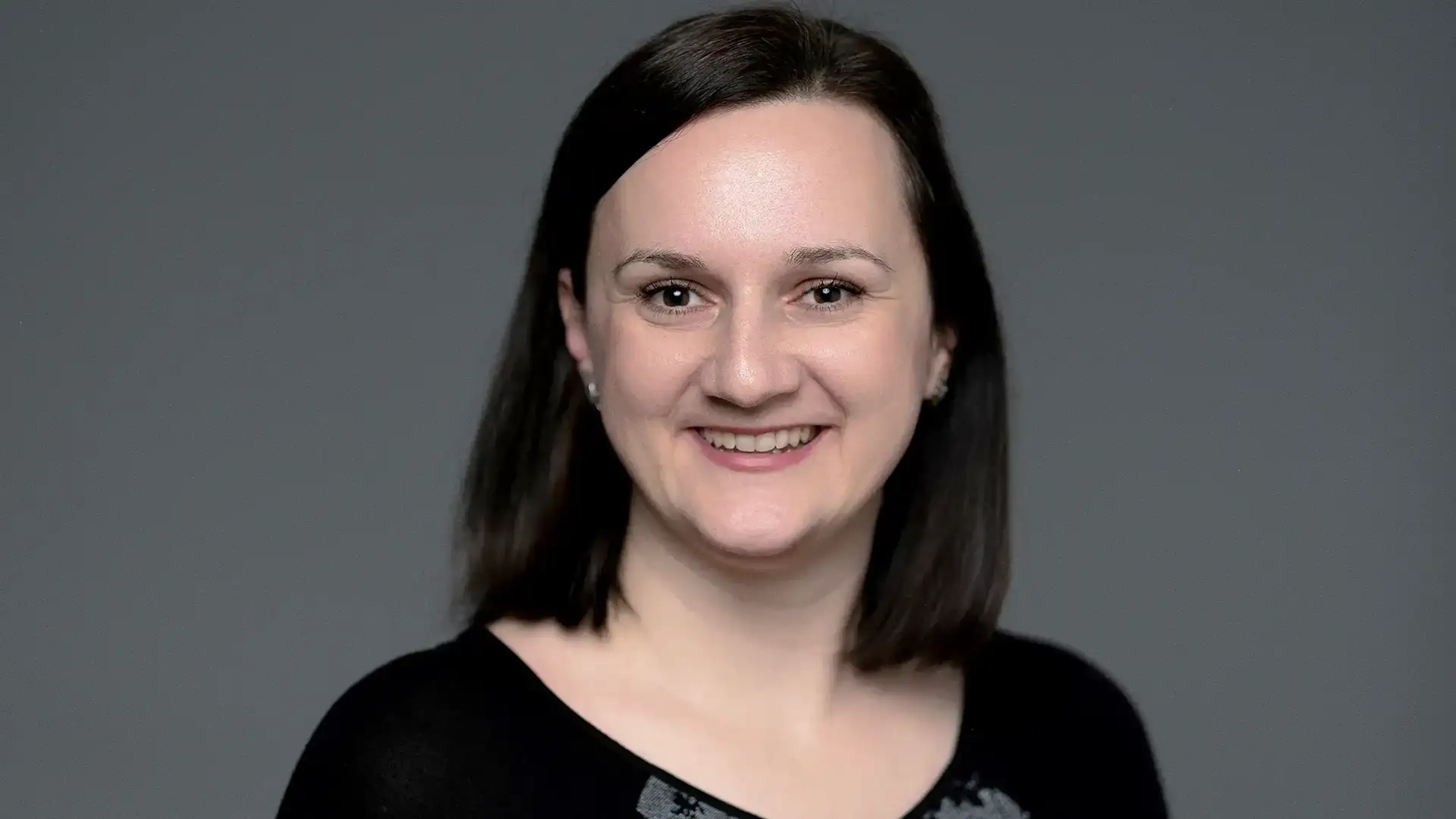
Meet Gábor, who grew from trainee to the Head of our
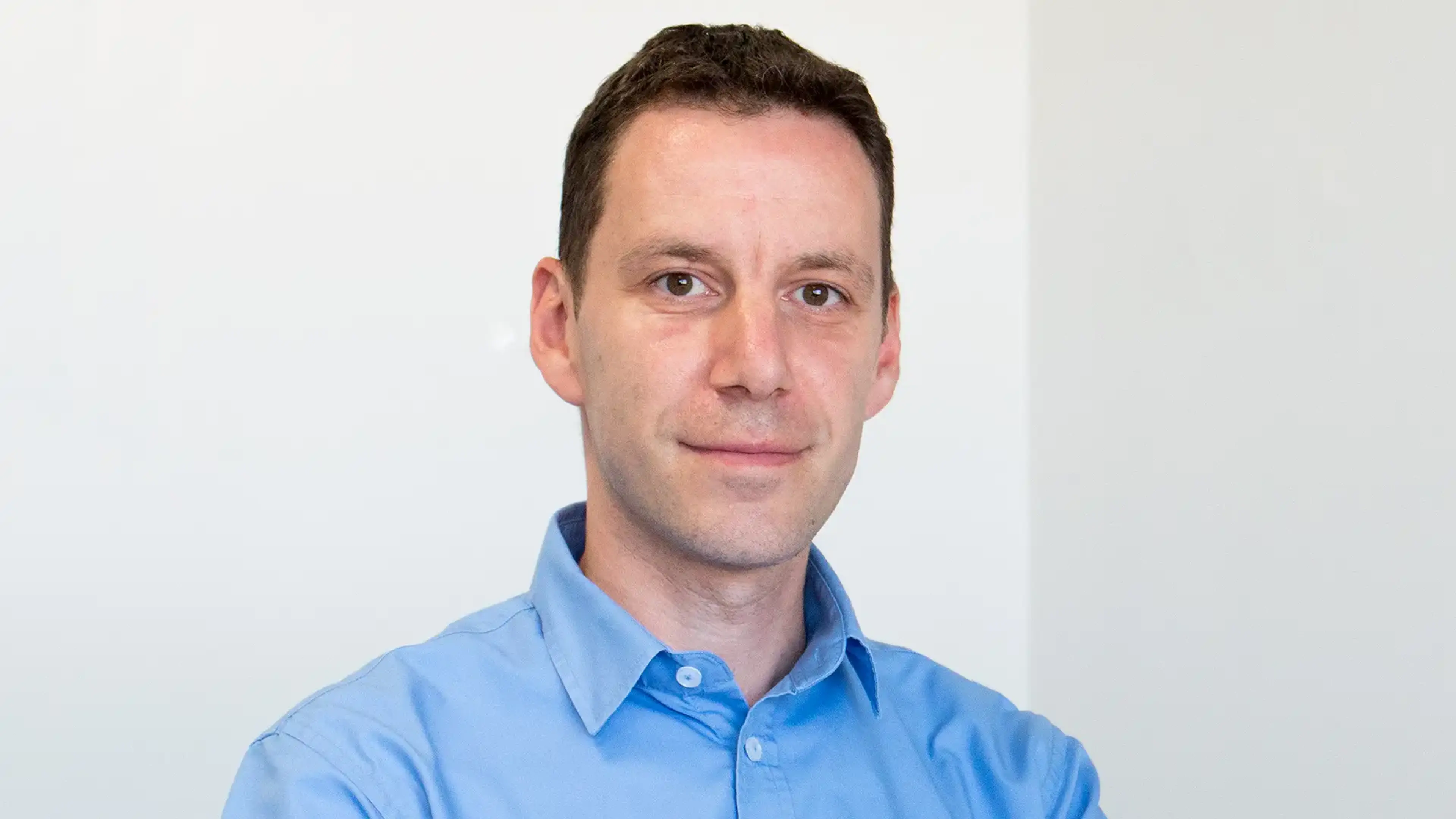
Take an inside look at the life of an engineer and what it takes to turn from a humble trainee into the leader of a constantly growing Development Centre?
Gábor, when did you start your career?
I graduated as an electrical engineer from the University of Miskolc in 2003. I have been working in engineering since then, but before that I tried other non-technical fields.
Why did you choose engineering?
When I was young, I was interested in many fields. After working in other fields, I realised that the language that I was most drawn to was the language that described the exact, clear effects, where there was the least subjective impact.
What is the future of engineering?
Engineers are needed now and in the future. Engineers are those who translate scientific and physical knowledge into everyday use; they provide solutions (products, tools, manufacturing technology) that make industrial production and our lives easier. Everything we see in our built world is the result of the work of engineers. The challenge for the future is how to analyse and draw quick conclusions from the wealth of information available to us.
Why should a young person choose engineering as a career?
Those who are interested in science, who are interested in how our world works, can become good engineers. In the old days, it was even considered „uncool” in some circles to be interested in physics. Nowadays, social networking sites can reach many more young people with physics education and IT solutions than before and can generate large audiences if they are eye-catching and informative. In regions where industry is present, there is and will always be a need for engineers, such as in Central Europe
What kind of engineers is S.E.G.A. Hungary looking for?
People who are open to new ideas, interested in production technology, electrical engineering, electronics, automation or IT. For product development, we are looking for development engineers with a background or interest in electronics; software developers interested in developing embedded systems; mechanical engineers for product design, test engineers who are keen to be involved in testing electrical machinery or building test equipment, and people who want to work in manufacturing technology development and production management.
What advice could you give to young people who want to follow your life story?
I started as an intern in starter motor development, and after six months I got a full-time position, which I was very proud of. It took me 14 years to become head of development. I have always put humble work first. Respect for my colleagues and the people around me was important to me. People should be open to new things, be able to innovate, learn from mistakes.
Meet Rita, European Transport Manager and learn about the world of
Balancing children, family and career can be a challenging task. Beside family cooperation it can be a great help if the workplace can support the employees in managing family life and efficient working. Rita graduated from the Szent István University as agricultural engineer (MsC). She began her career at Samsung Electronics Hungary Kft. as warehouse administrator and later as buyer responsible for suppliers located in Korea and Singapore. After 5 years she changed to Jabil Circuit Hungary Ltd. as senior buyer of new products introduction in Nokia business, later continued as purchasing team leader. During this time, she spent a few months in Belgium supporting the purchasing department in Jabil Bruges. After moving back to Hungary she became material supervisor responsible for the whole internal logistics in Nokia work cell. As a next step she was nominated to customs and freight manager. Before she joined S.E.G.A. Hungary in early 2021 she had been working for 5 years at Remy Automotive Hungary Kft. as European Freight and Transportation Manager.
Rita, how did you choose your career path?
After graduating from high school I started working because I wasn’t yet sure in what field I wanted to work in the future and what should I be studying. I believed it to be a good idea to first acquire experience in working and that would help me make a decision. My experience was that there are many possibilities at a multinational company that require higher educational degree. I had always been interested in economics, that’s why I decided to apply for the Faculty of Economics of the University nearest to where I was living so that I could better harmonize my job and my studies. I’m very happy that I chose this path because this way it was much easier to understand economical and financial topics. What I was studying at the university I was experiencing at my workplace and thus understood its importance.
Why did you chose S.E.G.A. Hungary Kft., why did you decide to apply for your current position?
One of the deciding factors was that it is close to where I live and it is a great help in managing my job and personal life. Another important reason was that it is a big company where the employees have many possibilities at proving themselves in various positions at different departments.
What were your initial impressions of the company? How did the colleagues greet you? Since that how do you feel? How did you manage to fit in the “masculine” world of manufacturing, were there any difficulties of positive surprises?
My colleagues and my supervisor have been really nice and helpful from the very beginning. It’s no overstatement to say that I really enjoy working here. I generally have a positive attitude towards everything and – as I have gained experience from many companies – I always say that nothing is perfect, there can be problems everywhere but if there is a good team that can work together than the workdays are enjoyable and it is easier to solve the problems. I have always been working at places where there was a majority of men in the management, so this is what I’m used to, it is no difficulty for me.
How can you balance your job and private life? Is it possible to be a leader and a mother with young children? How is the company supporting you with it?
I was already working as a leader when I had my children. When I came back to work I was hesitating whether to return to a leadership position, my concern was to be able to be with my family and carry out my tasks on the level that I expect from myself. Eventually we decided with my husband that I continue working as a leader, but for that I need support from my family and of course my employer and supervisor. I’ve always considered it important to clarify in advance that I won’t be able to work 10-12 hours a day as I previously did. If a company cannot accept it, than it is not suitable either for me or the company. So far I have been lucky as all the companies I have worked for, accepted it. It is also important that flexibility the company provides – eg.: that I can work from home, or if I get a call that one of my kids is sick I’m able to leave and pick them up an continue my work later – I always try to return the same flexibility on my side. Flexibility has to be always 2-way, and that is how it works for me. As a leader it can happen that I have to sacrifice my free time for work: if for example there is a close deadline that I must keep I work afterhours.
Without the support of my family, team and supervisor I wouldn’t have been able to achieve all this. Many thanks to all of them!
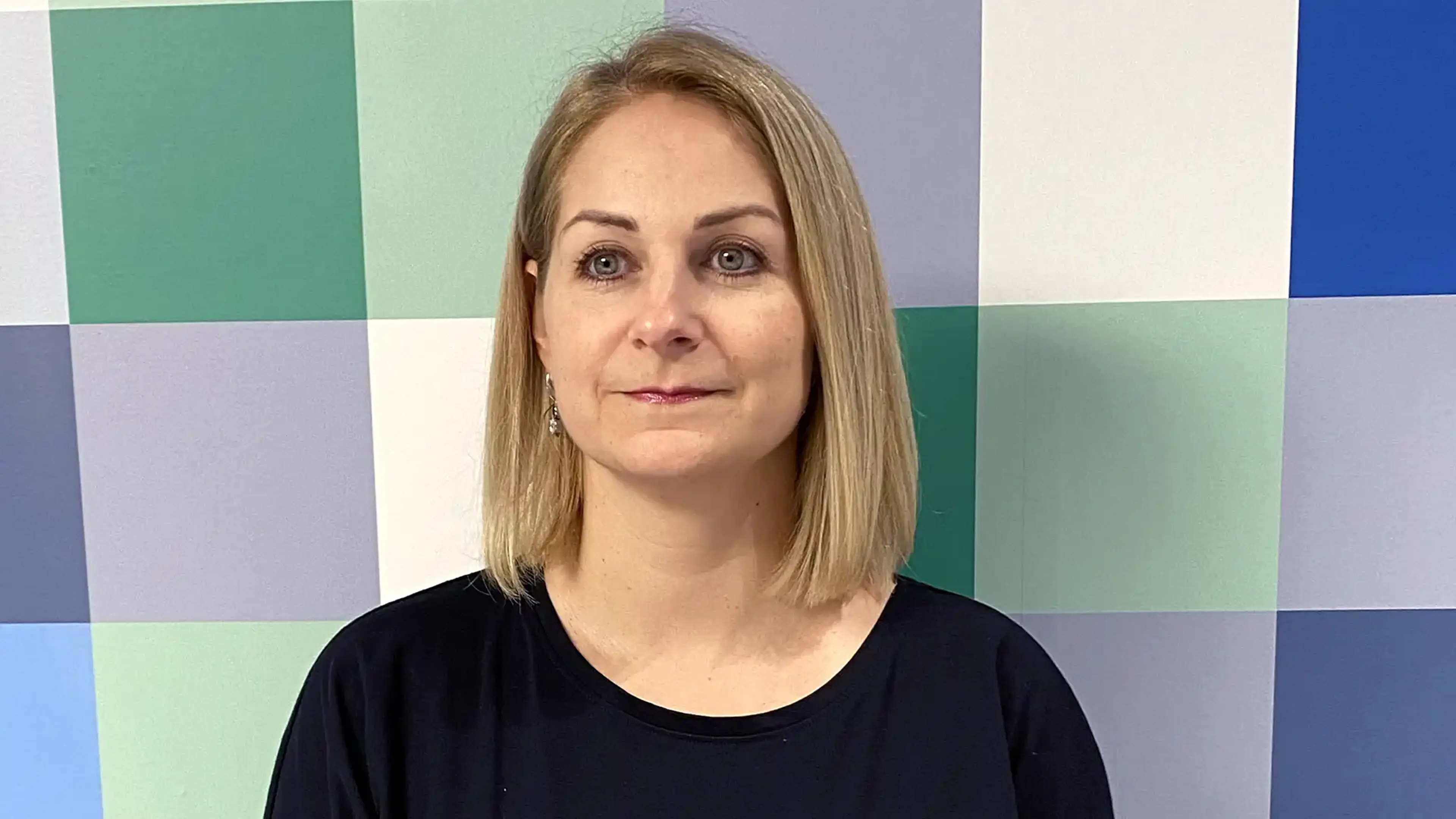
Meet Dénes, and read about his journey from the French Foreign Legion to the UK
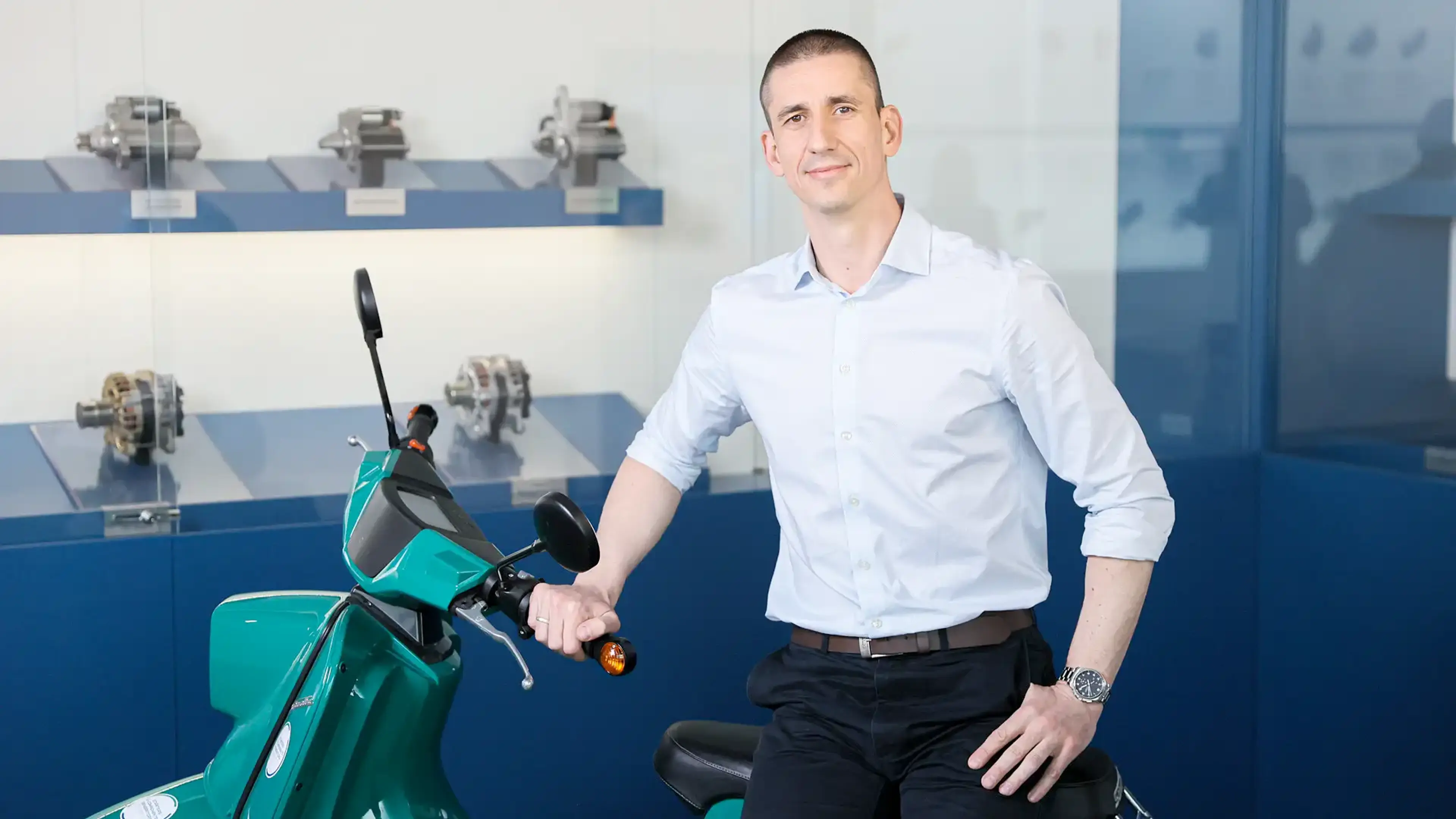
Dénes' first career step – after leaving the French Foreign Legion in 2010 – was in the private security sector in Afghanistan, where he was involved in the protection of diplomats at the Dutch Embassy as Security Guard Supervisor.
In 2011 he moved to the UK where he first worked for a family as a close protection officer. After a year and a half, he moved to a luxury hotel security service as a team leader, where he was responsible for organizing VIP guest protection, conducting criminal investigations and developing security processes. In 2013, he started working for a security company providing security for red carpet events, designing and organizing security systems for 5-star hotels and luxury office buildings, and providing security guard services. At the beginning, he worked in the events and his main task was to organize and provide security for the A-List celebrities invited to the events. During this time, he also learned how to set up and operate the security systems for office buildings. After a while, he was given his own small portfolio within the company, later he became the manager of the company's largest portfolio and then, from 2019, the company's Head of Operations. At that time, he had around 300 security people and 8 managers working under his professional direction.
It was at this time that he decided he wanted to return to Hungary and found our company, where we were looking for a corporate security specialist.
Why and for what purpose did you look for a job in Hungary from abroad?
I lived abroad from 2007 until 2021. Even at the beginning of that period, I thought of being abroad as being on a mission, a posting, where the main purpose was to learn and gain as much experience as possible. So I had always planned to move back home at some point, but I didn't know exactly when in the beginning. The time came in 2020, when, because of the pandemic and for personal reasons also, I thought the situation was just right to start moving home. So from then I started to apply for jobs while I was still in London, and was actually interviewing for S.E.G.A. Hungary from abroad, from one of our London offices, and was still actively working abroad when I accepted S.E.G.A. Hungary's offer.
How did you find us and what attracted you to the company? What kind of perspective does S.E.G.A. Hungary offer?
I found the job advertisement online. I had previously worked as a service provider for several multinational companies, but I had never been directly employed by one. However, I have always liked the perspective offered by these types of companies. I have gained experience in several areas of the security sector and SEG Automotive represents a segment – automotive components series production – that I have not dealt with before and I was looking forward to the new challenges.
I see S.E.G.A. Hungary as a multinational company, mixing the potential of a Hungarian medium-sized company with that of an international company. Furthermore, I think that this company has a strong position in the market of conventional vehicles, supplies many big car manufacturers and SEG Automotive’s Hungarian site is a great strength for the company. We have the potential to go all the way in this field and, over time, to move to the technology that will power the cars of the future, whether we’re talking about an electric car or a vehicle based on a different technology.
What made you finally decide to move back to Hungary, and to Borsod in particular?
As I mentioned before, the decision to move back home to Hungary was actually made at the very beginning of my abroad career. In 2020, I thought that with the skills and experience I had gained abroad, I would be able to find a job in Hungary that I could live from, and I also believed that a serious company here could offer me challenges that would allow me to develop further and fit the position into my career path. I think that has been fulfilled here at S.E.G.A.
Do you think you made the right decision?
Yes. I think that I have.
What was it like working abroad compared to working in Hungary?
Working abroad was like working in Hungary. There are demands and expectations to be met everywhere. There are goals and you have to fit into a working environment, you are surrounded by nice and not so nice colleagues. Overall, the circumstances are very similar. Perhaps I would say that the difference between jobs in Hungary and abroad is that when you do well abroad, there are more opportunities for development and advancement than in Hungary generally.
You have every opportunity to work abroad, what is it that keeps you here?
I would indeed have every opportunity to work abroad, but what makes me stay in Hungary for the time being is that I spent most of my adult life, about 15 years, abroad, away from my family, my friends and the country I grew up in. I think that I have had a good time and I have done well everywhere I have worked before. Now it feels good to be closer to my family and friends and to live in the country where I grew up. Of course, I don't rule out working abroad again one day.
Meet Zsuzsanna, who is mother of three children and in the same time
Zsuzsa, what are your goals for the position?
On one hand, I want to "lead well" my own HR team. I always wanted to have an HR in the company where HR people "know their stuff", can provide professional support to employees and managers, where they can continuously learn and develop, and where they work as a team, helping each other. I want an HR where we can think together, are open to each other's ideas and are able to implement them. An accepting, inclusive, good community. I feel we're on the right track, but we have to do it every day.
It's also one of my important goals to make our HR processes as efficient as possible. Let's be faster, let's do things "smart". Whatever we do, let's think about why we do it this way? And if we know a better way, let's change it. This is an approach I would like to see in HR. Operating HR systems that truly support the business strategy of the company, not exist for their own sake.
In addition, I would like to see colleagues who are happy to work for us, and colleagues who are not already working for us, would like to come and work for us. For a company operating under a new name and with a new image, it can be a long process to achieve widespread recognition and to differentiate ourselves from other companies. Yet I want to make sure that when people see our logo, what comes to mind is "I've heard good things about the company" and "it must be nice to work there". And those who already work with us should be proud to be "SEGA".
As a leader, what style do you think drives the team and the company forward?
Supporting continuous improvement is, in my opinion, one of the most important leadership tasks. Giving employees the space to come up with ideas, to implement them and also to make decisions. Open, honest communication, valuing your employees: these are core values for every leader. The leadership style should be based on these values, but it also depends strongly on the personality of the individual, the composition of the group, the leadership position and the subject matter. Not everyone should be led in the same way, and not all situations should be led in the same way. When should I be democratic and when should I call the shots? When should I take a back seat and when should I take the lead? That's what a leader needs to be able to recognize, because that's how he will motivate all his team members, which will drive the whole company forward. The best "style" is for a leader to be a role model in every situation, and to exercise leadership according to his principles and values, rather than as a position of power.
Is there someone (family, children) or something (an idea, a hobby ) that is important in your life?
Family comes first. And sport. But the two together are best. I try to spend my leisure time actively: a bike ride, a hike, ice skating or playing football with my husband and children are relaxing, recharging me and of course keeping me healthy. And my "me-time" is spent with gardening, with biking with my kids, and certainly with my family and friends, it keeps me fit and healthy.
Who has inspired and supported you in your career? Do you have a personal role model?
I couldn't name a single person, it's more individual qualities that I look up to. I respect perseverance, commitment to personal goals, willpower and when talent is combined with modesty. I see that in many athletes, which is why I enjoy watching Roger Federer play tennis or Lindsey Vonn ski.
How do you balance family responsibilities with work?
My husband helps me a lot and I can always count on him, whether it's housework or taking care of the kids. Some things I "don't give into": I take the children to nursery and school every morning and bring them home once a week. We can always count on the grandparents who live nearby to help out as much as they can, as much as they can spare. I feel I manage to keep a balance, which requires good work organization and a good team at home and at work.
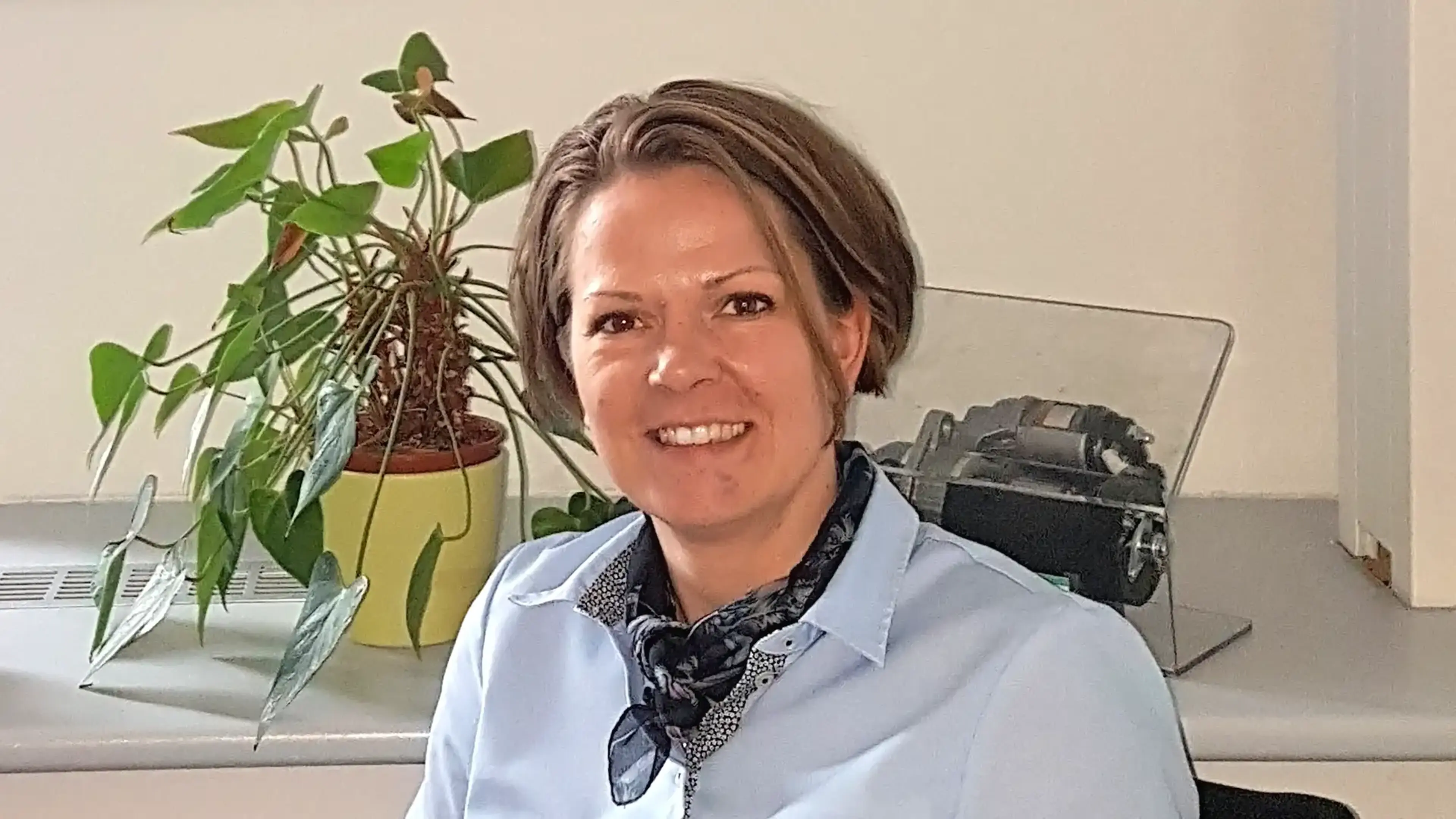
Meet László – and enjoy his story from traineeship to
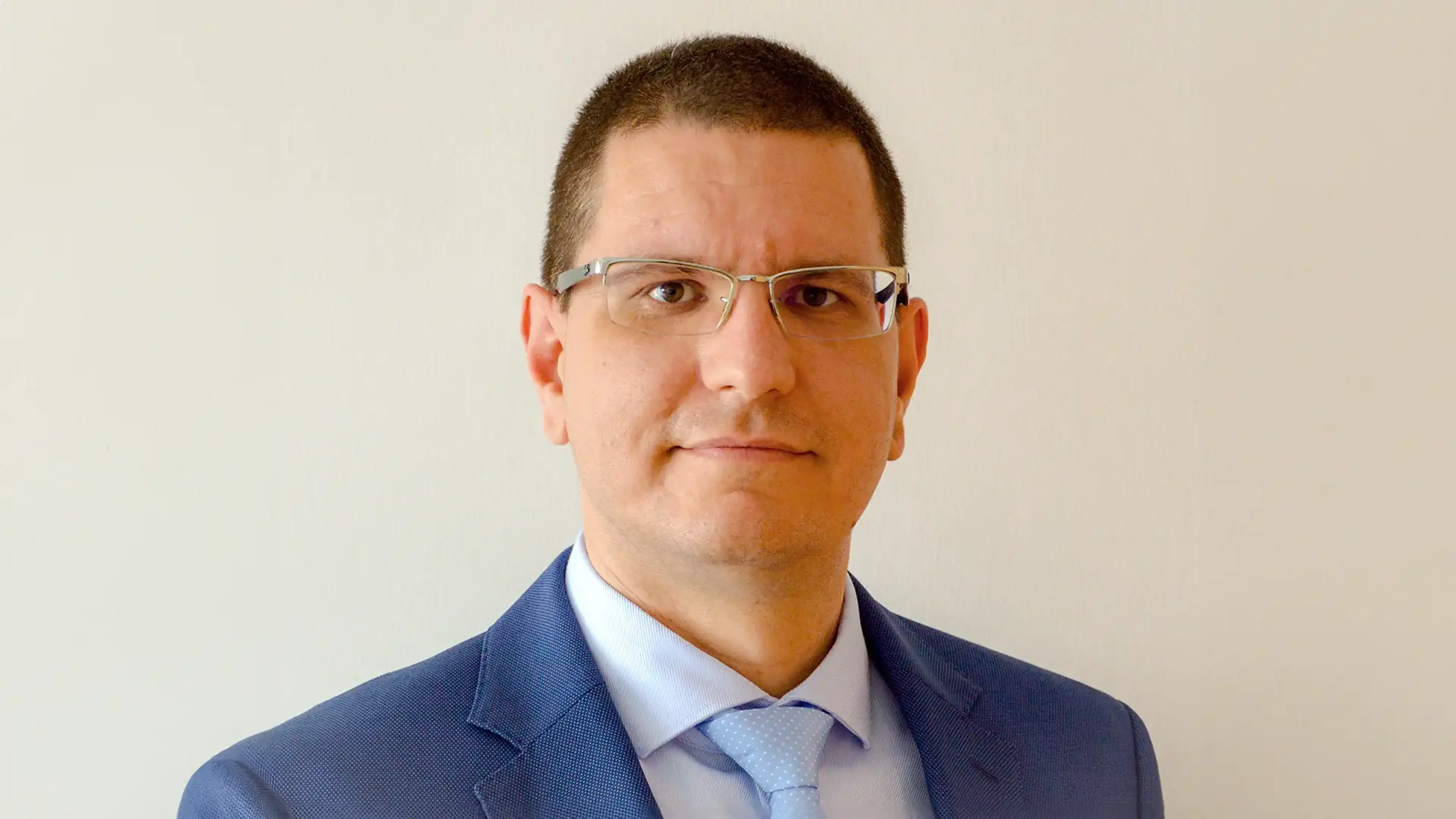
László Fánya joined Robert Bosch Energy and Body Systems Kft. as a logistics trainee at the beginning of 2012. Laci is a mathematician by education, but at the beginning of his career he decided that he wanted to work for a multinational company and preferably in the automotive industry, so he applied for the advertised logistics trainee position. He was in a lucky position, as the head of the logistics department at the time was specifically looking for a trainee who could speak German and had a degree in mathematics. As a trainee, he was involved in project work alongside the logistics manager. After that, he was able to try out almost all planning positions – such as customer, material and production planner – as a full-time colleague.
He started his management career in 2018, when he was first appointed Team Leader, then Senior Team Leader in 2019, followed by Group Leader from 1 August 2020, and at last Head of Logistics from 1 August 2021.
Laci, please tell us more about how you found this career or how logistics found you?
Many people have asked me why logistics. For a mathematician, a career in logistics may seem far away. The jargon is different, and I had to learn it quickly. However, I soon came to love the buzz, the complexity, the variety and the diversity that logistics offers. There is no monotony even after 11 and a half years. It still has something new to show, there's always a new problem to solve.
As you said, logistics is very diverse. Is there something you like a lot and something you don't like a lot?
In all areas, there is something that I like very much. Production planning is an incredibly complex sector and a very cerebral task. It's something I really enjoy, there's a constant presence of logic and calculation.
How close are you to physical logistics?
I have done one part of logistics, planning logistics, at an operational level, and later on I got to know all aspects of it as a process specialist and SAP specialist. I had to enter physical logistics as a manager, without having done it at an operational level before. It takes a completely different approach. The two logistical areas worked very closely together, so I understood it, but nowhere near to the depth I did for planning. Here I had to arrive as a manager over people who had years of experience in their positions.
If I had to rank the areas closest to my heart now, physical logistics is now a tie with production planning. It is also an extremely complex area with incredible potential. It has a lot of potential and requires and demands a lot of creativity.
What difficulties do you face and what tactics do you have to deal with them?
Of course there are difficulties, especially if you look at the car industry over the last 3 years or so.
Covid has had an extraordinary impact on all of our lives, this pandemic and the way it has been handled has been a completely unknown area. The main difficulty is that in the automotive industry, in logistics, you are expected to know the future. And on the planning side, we have to plan for that future. The recent crises have pulled the foundations on which we could have built our forecasts out from under our feet, but we were still expected to plan for the future. Together with the team, we therefore had to work out how to reduce uncertainty so that our own processes and those of our partners could become more stable or regain their previous stability.
It was a very tough period, while at the same time you are in the process of spreading your wings as a leader, moving from a team leader to a head of department position. Finding the balance between supporting and spending time with colleagues and the day-to-day operational work in an organisation of this size is an almost daily challenge. I see that we are on the right track over the last two years and the feedback shows that the cohesion of the organisation is working well.
What do you think has made you special, to get from an internship to a head of department position?
I think the secret to success is that I never took the job lightly. Because I had a head of department as a supervisor right from the start, I was given insight into projects and tasks that I couldn't take lightly and had to prove myself. He was very busy, so he had little support to give, even though I know he tried, and I now understand how he must have felt at the time. This meant that I had to do everything myself. I asked questions, I did my research, because I felt I had to do it conscientiously.
As you work, knowledge is constantly being piled on and you can start to excel. In my case, this happened by trying out as many positions as possible within CLP. The head of department at the time wanted me to be familiar with all areas by the time I became a team leader. This step out of my comfort zone is difficult, of course, but always rewarding in the end. If you can step out of it to learn something new and incorporate what you learn into your daily life, your comfort zone starts to expand. That's what happened to me, and although I didn't like it at the time, I knew and believed that it would work in my favour one day. There are few things I am as grateful as for this decision. The knowledge that I was able to gain during the one and a half years of my internship and then the full 11 years here, is worth more than any university and any professional knowledge. My supervisors put their trust in me, I was able to learn from them and I am still learning from them today. I'm motivated by variety and novelty, and S.E.G.A. gives me that.
And perhaps one last message for young people that you would like to highlight?
I want them to be open, to be brave and to dare to ask questions. No one is born knowing everything and no one is expected to know everything. You have to ask, you have to be determined, you have to be conscientious and then the doors of opportunity will open.
